
Two months have passed since high school senior Karmelo Anthony allegedly fatally stabbed Austin Metcalf at a track meet in Frisco, Texas. The killing sparked national outrage and reopened difficult debates — about race (Karmelo is black, Austin was white), school safety, and the crisis among young men in America.
Also justice. While the Metcalf family mourns — and has to contend with being swatted — Anthony’s bond was reduced and quickly paid. He now awaits trial from the comfort of a new home, funded by hundreds of thousands of dollars in donations from supporters. He was even allowed to graduate on May 22, though he did not attend the ceremony.
Quiet policy tweaks won’t cut it. The Frisco school district can’t just wait for the public to move on.
Meanwhile, Anthony’s family and legal team have mounted a public relations offensive. In an outrageous press conference, they blamed Austin’s father, Jeff Metcalf, the Frisco Independent School District, and even systemic racism for Anthony’s predicament.
The strategy is clear: Rebrand Karmelo Anthony as a victim. They want the public to believe he was a mostly peaceful teen forced to act in self-defense after being told to change seats.
No new evidence has emerged in the case, but the existing facts undermine Anthony’s claim of self-defense. He allegedly brought a knife to the event, provoked the confrontation with Metcalf, fled the scene after the stabbing, and later asked a police officer whether he could plead self-defense. His actions — before, during, and after the incident — suggest intent, not fear.
Why did he sit there? Why did he bring a knife? Why did he run?
Red flags all over
Equally troubling is what remains hidden. Notably, Anthony’s social media accounts have been scrubbed. His disciplinary record hasn’t been released — student privacy laws and all that. The school has also withheld any security camera footage. If Anthony truly acted in self-defense — if he sat quietly on a bench and responded only to a threat from a belligerent Austin Metcalf — then that evidence should exist. And it should exonerate him.
But it doesn’t appear to, at least not so far. We may or may not find out, either when the case goes to trial or when Anthony accepts a plea deal and explains his actions to the court.
As I wrote previously, red flags almost certainly existed — flags that should have prompted school officials to remove him from extracurricular activities. They didn’t. And they didn’t because they may have feared the appearance of racism more than the consequences of inaction.
Educator Tillman Plank, who works in North Texas, says that Texas schools routinely discourage direct disciplinary action against disruptive or violent students. Even without the racial angle in Anthony’s case, the system would likely have enabled his behavior — just without the media framing it as a civil rights issue after the fact.
Frisco ISD and other suburban districts that maintain two-tiered discipline systems must abandon these policies immediately. If they don’t, they risk a mass exodus of families — especially with Texas’ new school choice law now in effect.
That legislation passed in April. It allows parents to use public funds to enroll their children in private schools or purchase homeschooling resources. Understandably, many parents fed up with Frisco ISD’s response are actively weighing their options for the next school year.
Even if FISD outperforms most Texas districts on paper, that means little if it can’t keep students safe.
No more half measures
To its credit, the district has taken initial steps to boost supervision and tighten security at public events. Administrators also appear to be preparing disciplinary documentation for students who pose a threat — potentially paving the way for behavior intervention plans or long-term placements at alternative campuses.
Of course, this is the bare minimum a school district should do after a student is murdered at one of its events. Frisco ISD’s leadership must speak up — clearly and publicly — about what steps they’re taking to ensure student safety. Parents deserve to know that students like Karmelo Anthony won’t be given another free pass.
Quiet policy tweaks won’t cut it. FISD can’t just wait for the public to move on.
To restore trust, district officials should first admit where they failed. They need to acknowledge that they could have acted before Austin Metcalf was killed — but didn’t. Why? Possibly because they followed flawed educational theories and caved to progressive posturing.
Owning up to that failure would spark a backlash — especially from non-black families already frustrated by double standards in discipline. And yes, it might force other districts across Texas to come clean and change their own policies.
Good. The alternative is silence, followed by collapse. As families flee for safer options under the Lone Star State’s new school choice law — and you better believe they will — the cost of inaction grows by the day.
By taking bold, transparent action, FISD could finally correct the record. Karmelo Anthony is not a civil rights hero. He’s not the victim of an unjust system. By all available accounts, he belongs in prison. And students across Texas deserve schools willing to keep people like him out of the stands — and off the track.
.png)
 1 day ago
6
1 day ago
6
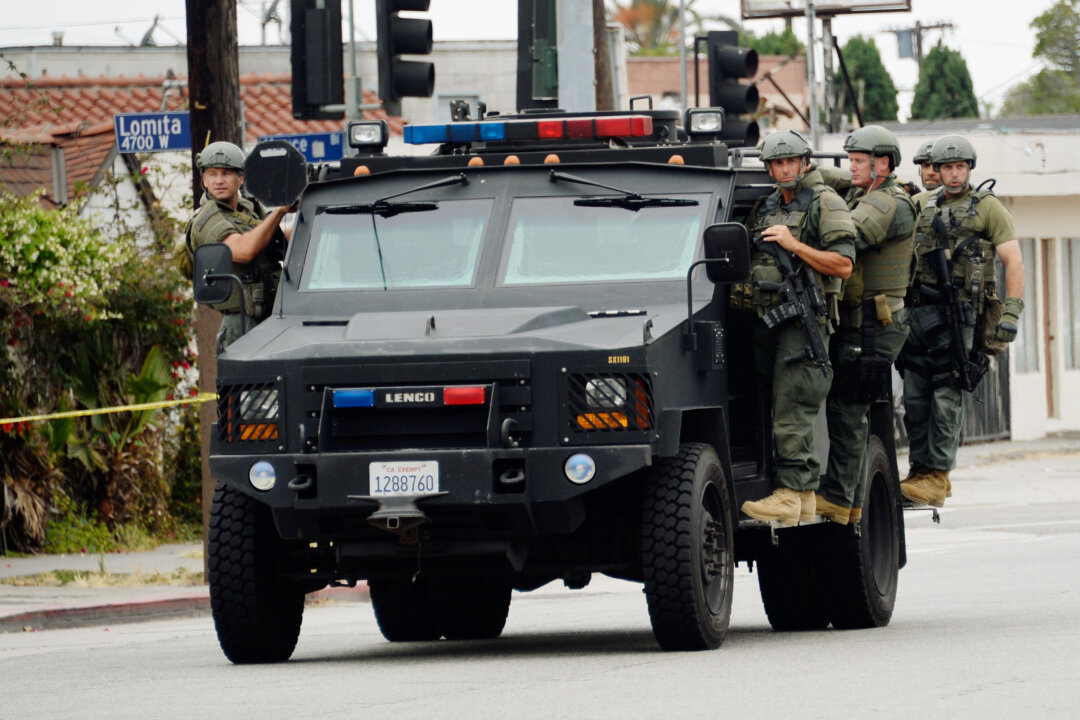
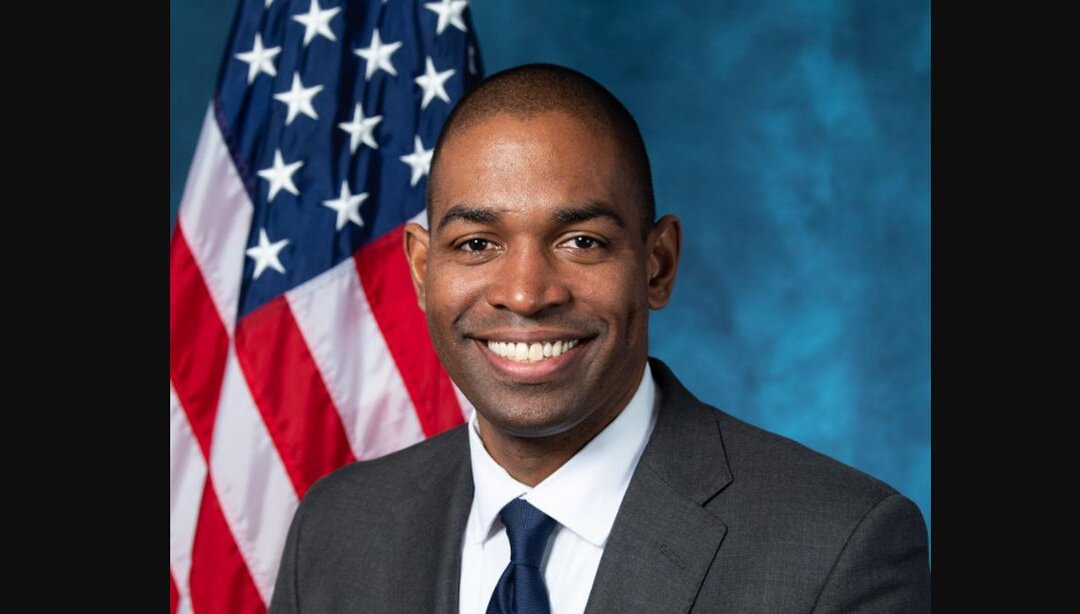
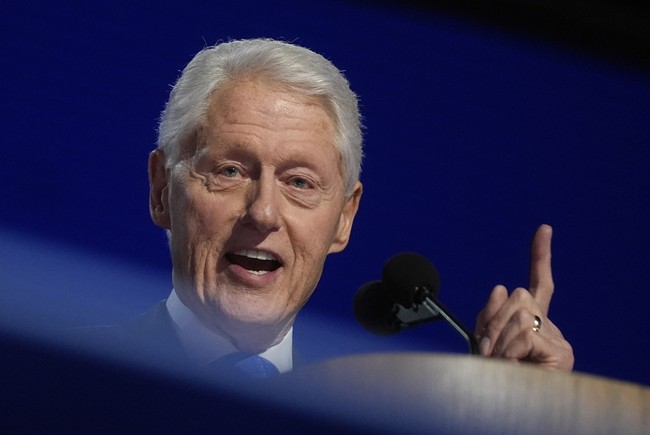
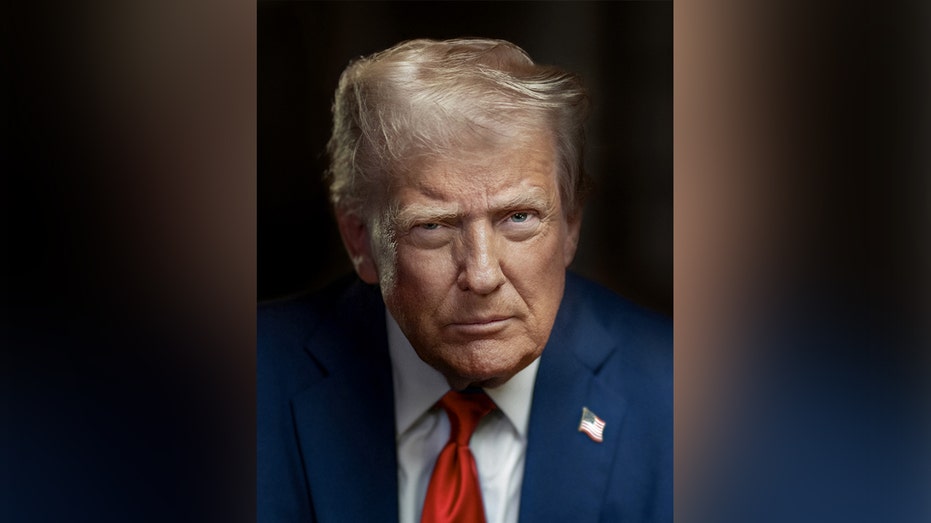
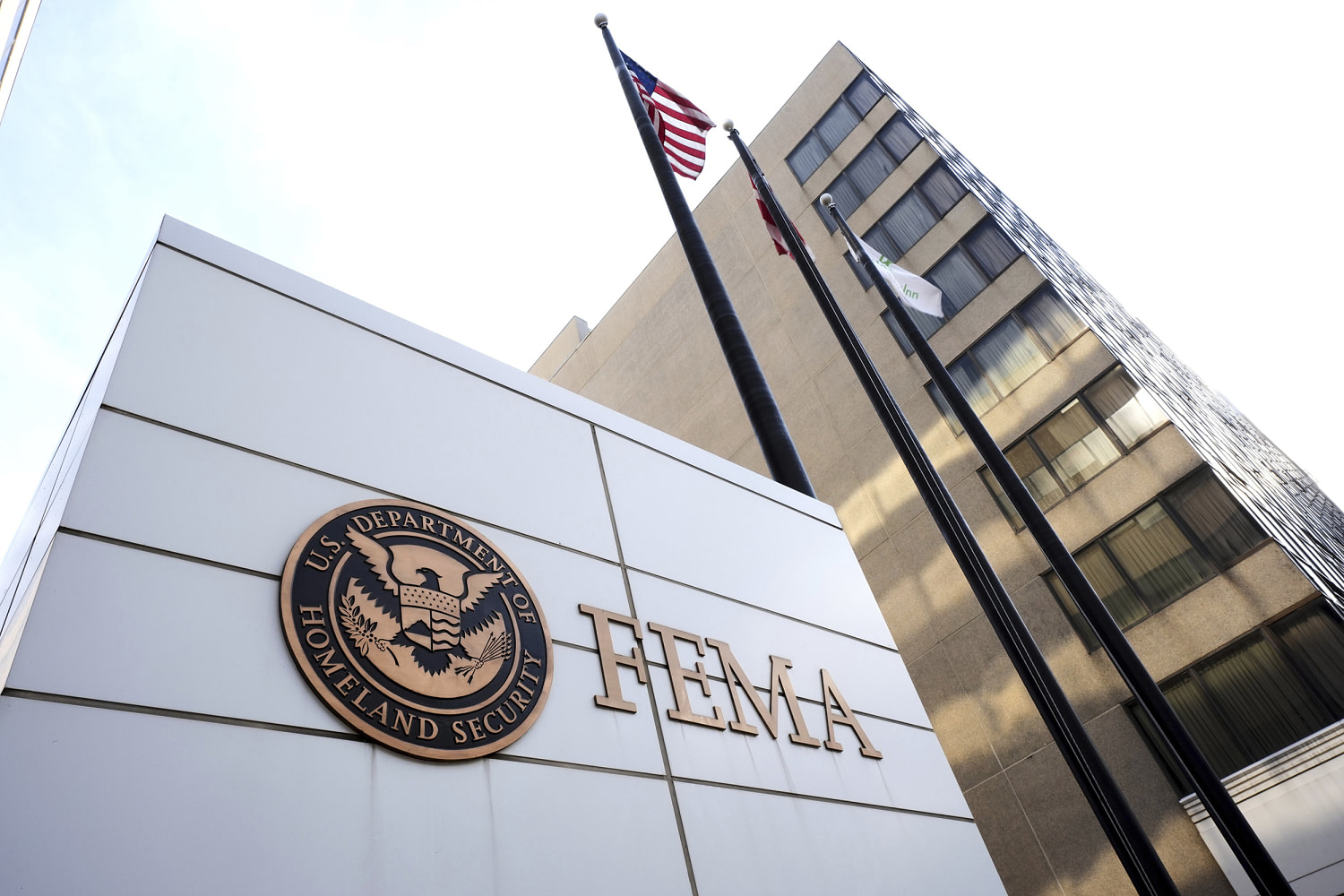
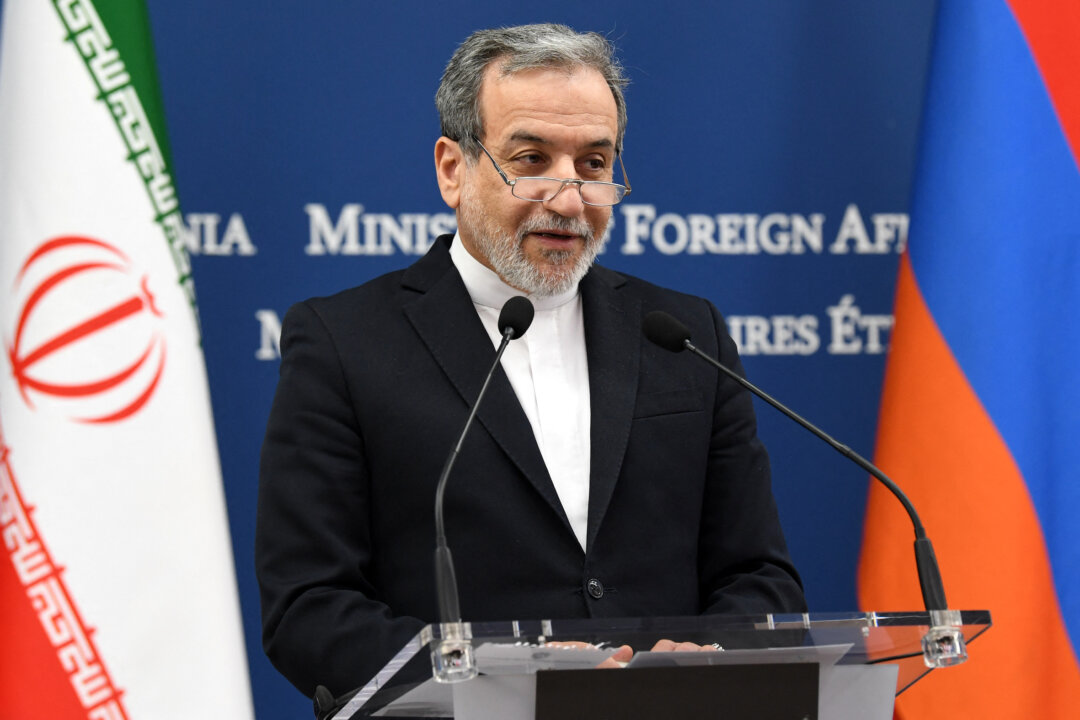

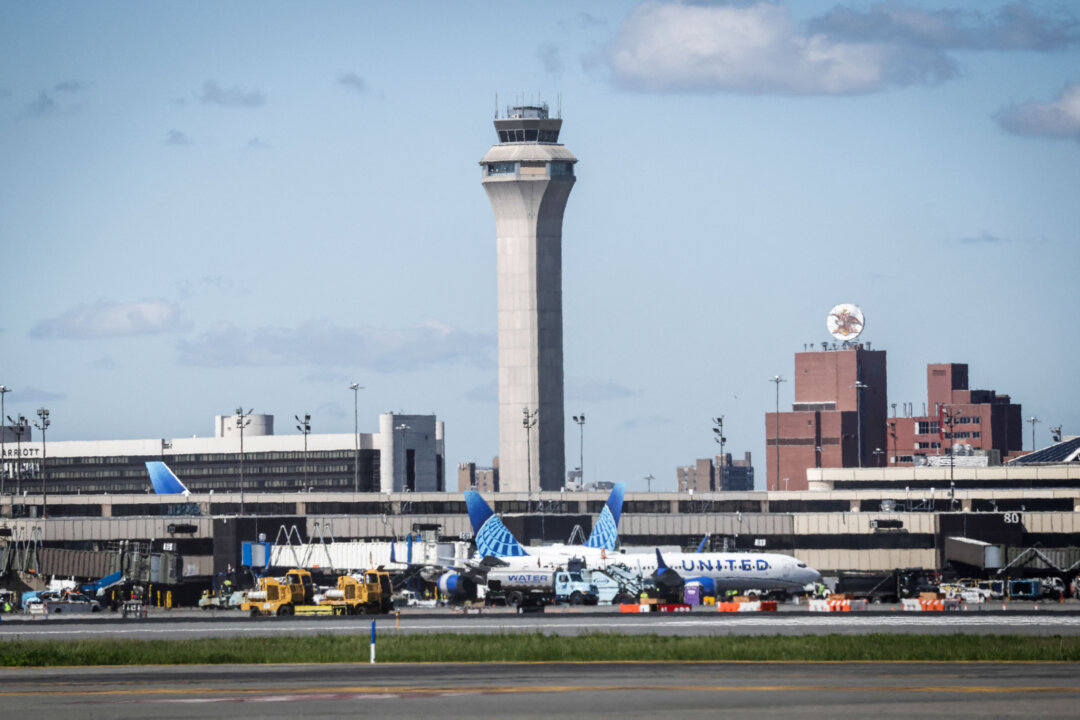
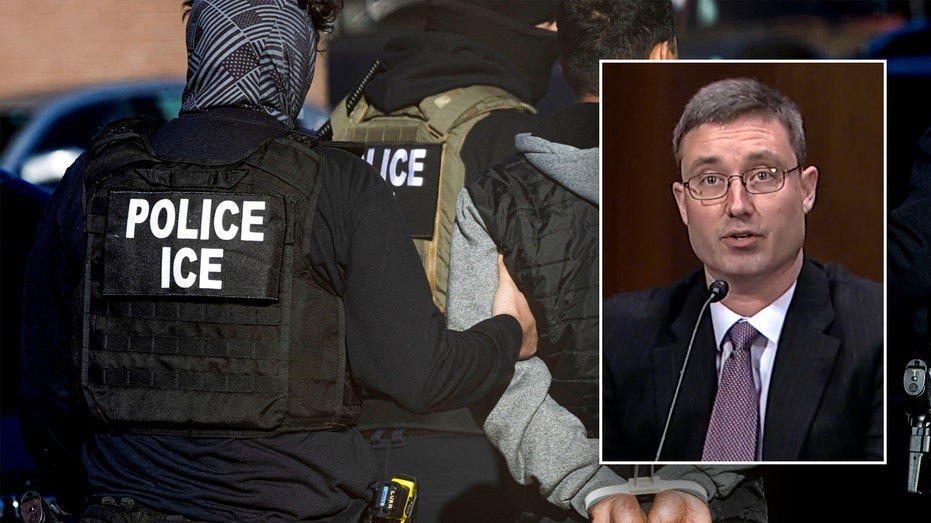
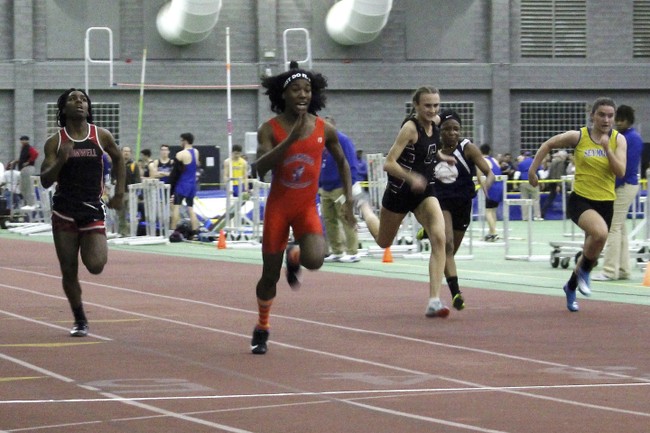


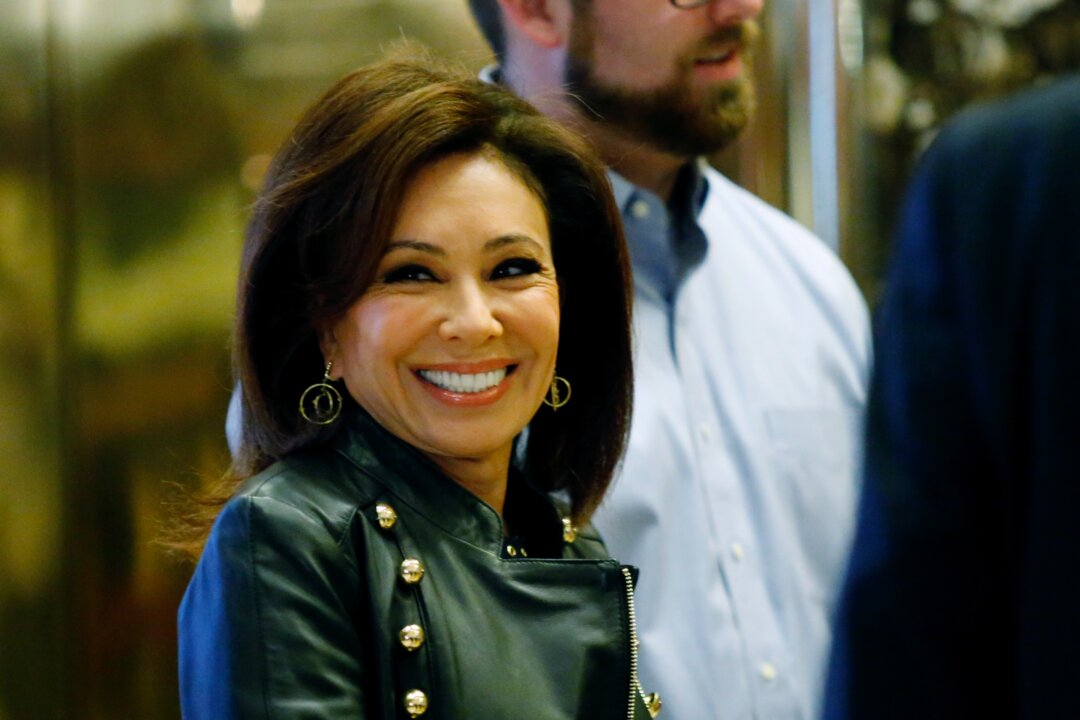

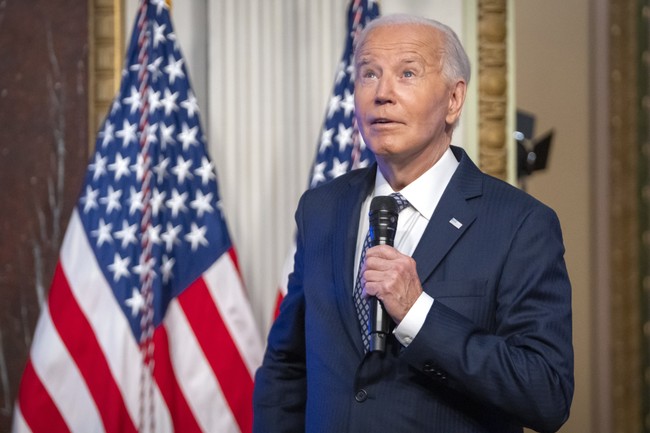
 English (US)
English (US)